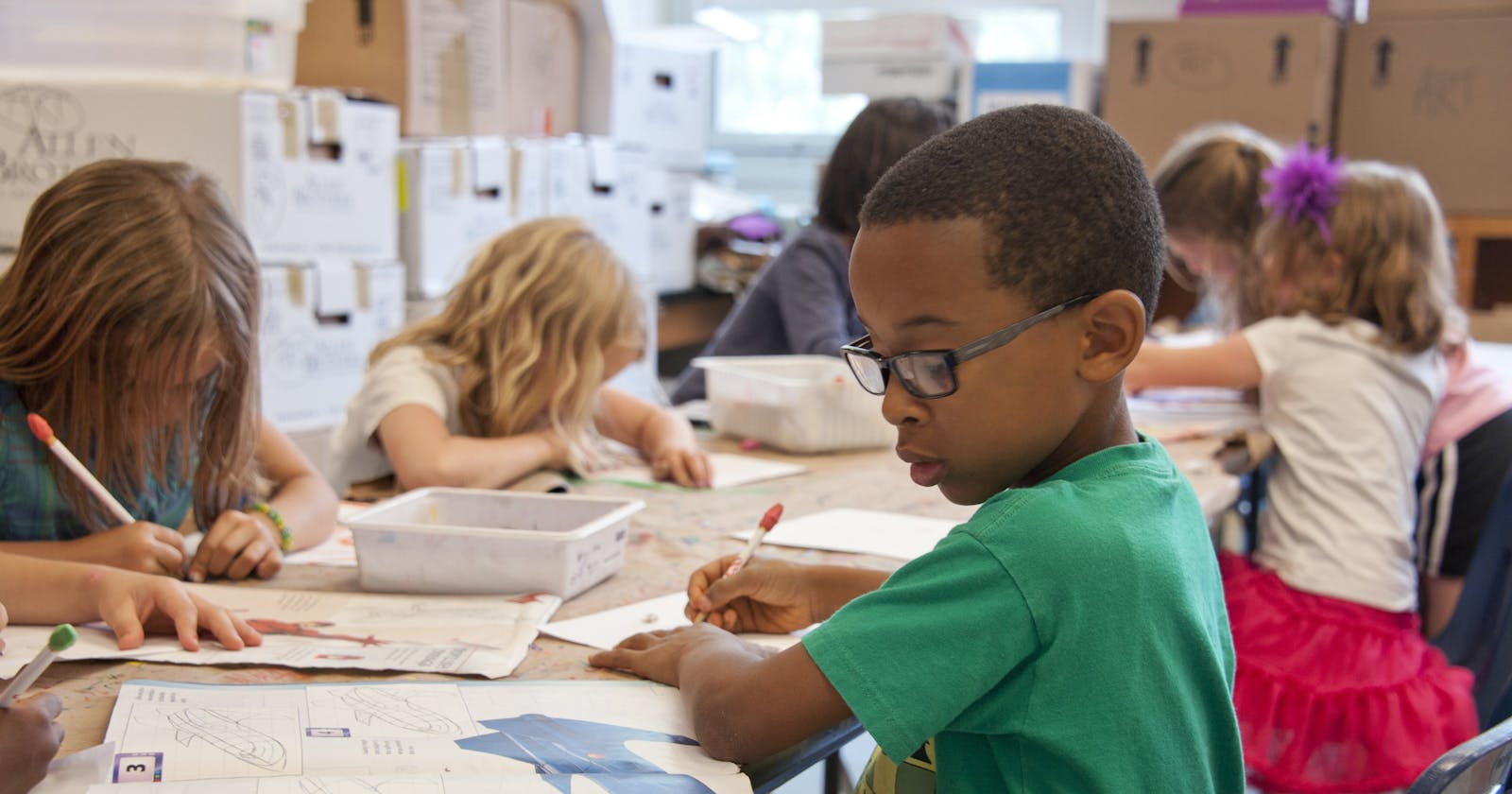Lesson 1: Confusion
School sequences are crazy. They don't help kids build a coherent picture of the world.
Students learn trigonometry but never get a chance to build anything.
They miss the chance to see how a hypotenuse applies, like when designing a house.
Lesson 2: Class Position
“Schools teach that students must stay in the class where they belong. Everyone has a proper place in the pyramid.” @realjohngatto
Kids learn to stay put, mature at the same rate as everyone else, and fit the mold of the model student.
Student. Teacher. Star of the Week. Valedictorian.
School has a neat category for everyone, making each person’s position clear.
Kids are encouraged to seek status, compete, and please adults, instead of learning and collaborating together.
Lesson 3: Indifference
Kids learn “not to care about anything too much,” Gatto says.
As soon as the bell rings, kids are forced to turn their interests “on and off like a light switch.”
When a unit is finished, students are expected to stop studying the previous subject, no matter how much they liked it.
Kids can't follow their obsessions or dive deep into topics they love.
Those who do get left behind.
Lesson 4: Emotional Dependency
Kids learn to rely on teachers to tell them how they should feel.
As Gatto says:
“By using stars and red checks; smiles and frowns; prizes and punishments; I force children to become emotionally dependent upon my praise.”
Consider a teacher’s body language. It’s one of our most powerful tools.
Warm and welcoming, stern and closed off.
Students are taught to feel what their teachers want them to feel.
They have no space to develop emotional independence.
Lesson 5: Intellectual Dependency
Kids miss the chance to think for themselves and develop their own perspectives.
“Good students wait for a teacher to tell them what to do,” as Gatto says.
Kids learn to wait for other people to make the meanings of their lives.
Kids get labeled as “problem children" when they do things their own way or ask hard questions.
They have little room to develop their own ideas.
Instead, kids are rewarded for championing the ideals of their teachers, whatever those might be.
Lesson 6: Provisional Self-esteem
Kids learn that their worth comes from what a professional thinks of them.
Report cards, grades, and tests teach kids that they "should not trust themselves or their parents but should instead rely on the evaluation of certified officials.”
In the past, kids did most of their learning at home, which meant different kids brought unique perspectives to the classroom.
Now, parents are discouraged from getting too involved.
Some kids even get shamed for holding beliefs that don’t align with state-approved curricula.
Lesson 7: One Can’t Hide
At school, kids are always watched and under constant surveillance.
They have no privacy, no personal space, and few rights.
As a result, kids can't develop autonomy, which leads to problem like overusing screens.
People discover creative solutions when they have the freedom to experiment, fail, and try again.
But when kids are constantly evaluated, they can’t develop this skill.
And in school, they’re always under the watchful eye of adults who are quick to correct them.
